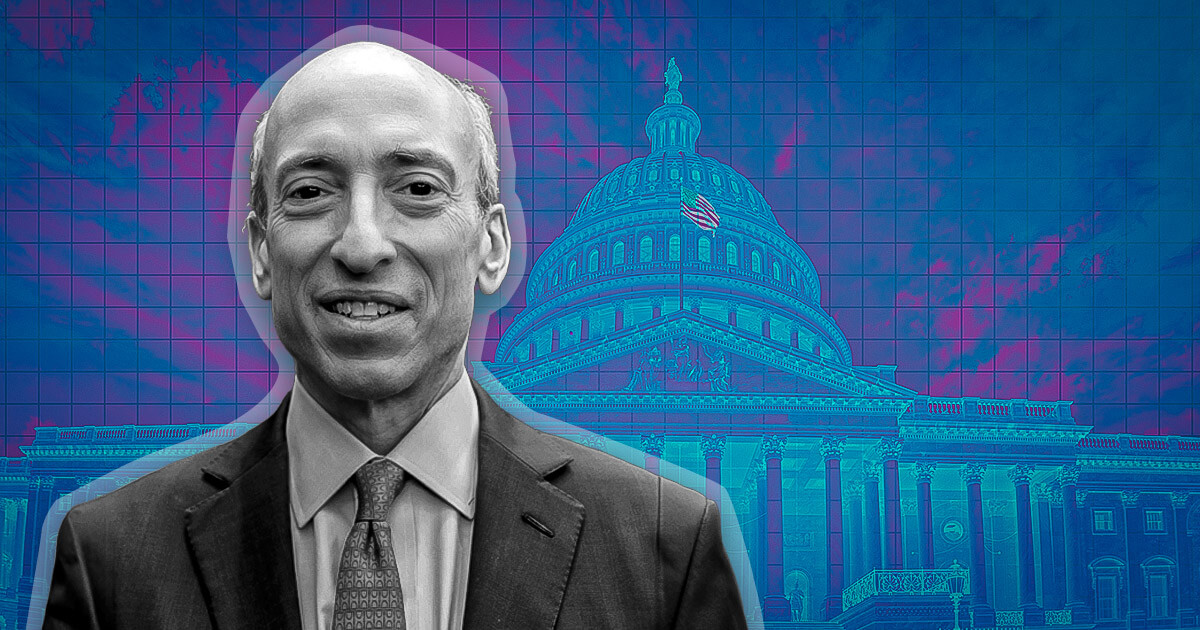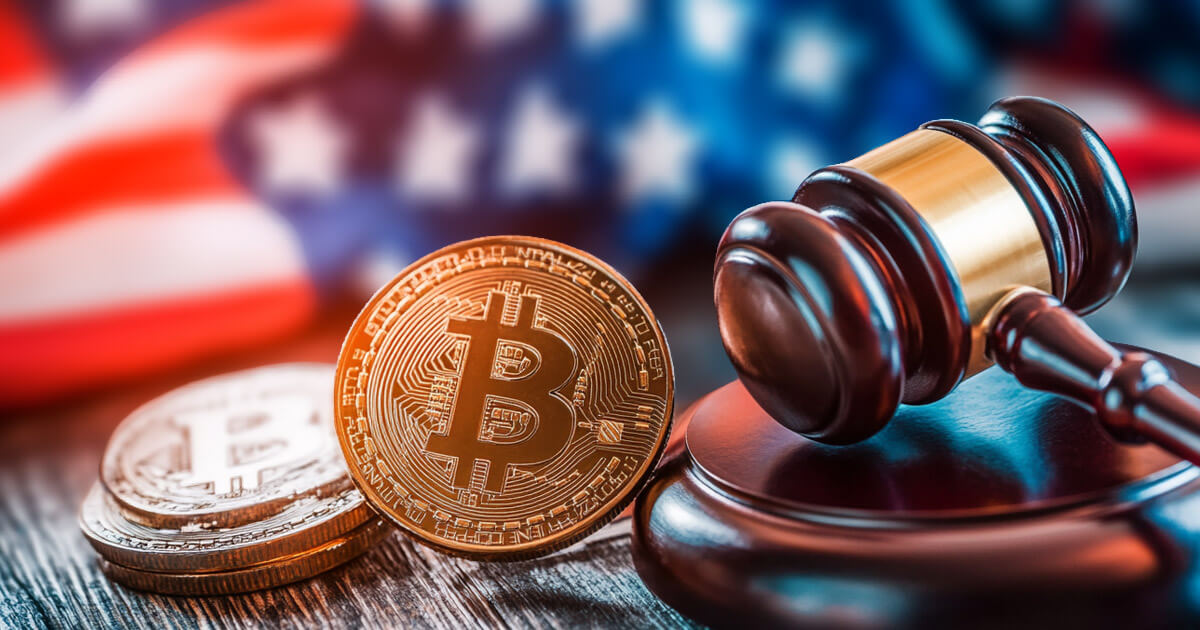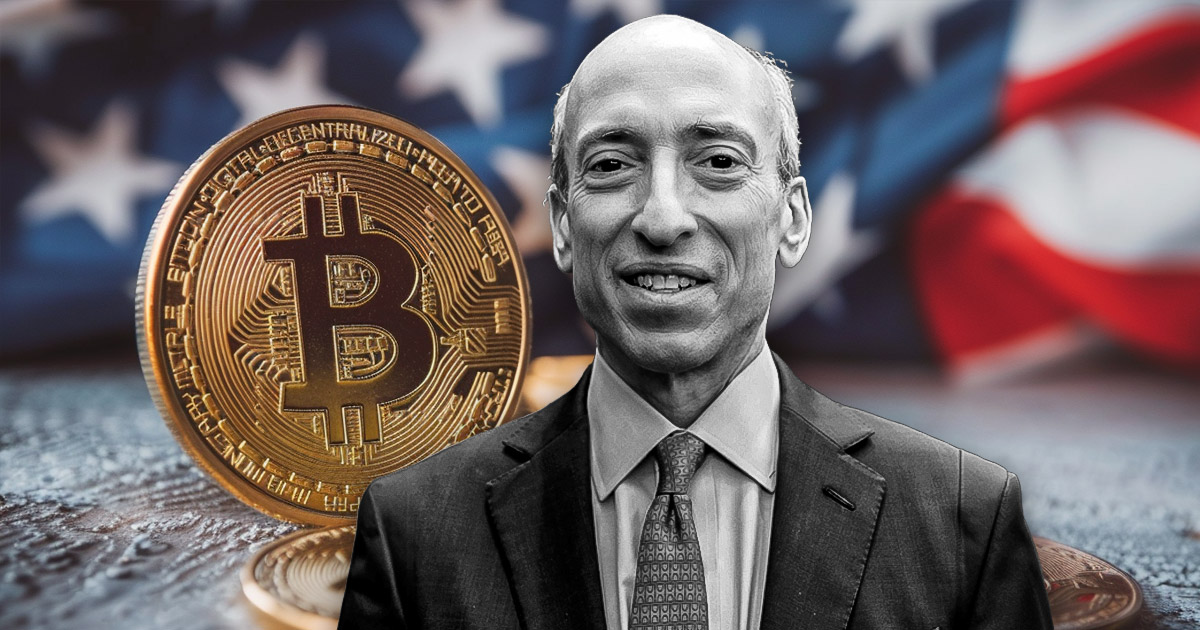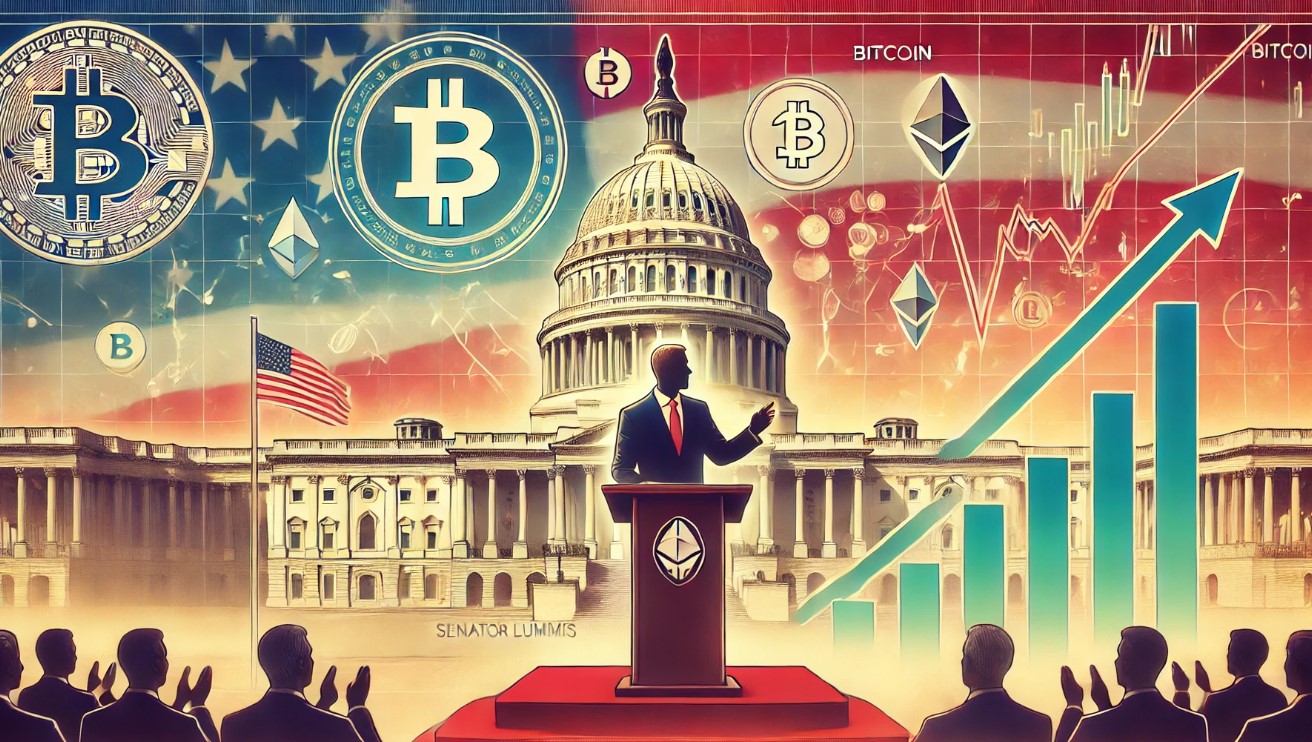In a split decision Tuesday that may have implications for future crypto regulation, a judge ruled XRP is not a security, but Ripple’s activities were not entirely legal.
A federal judge ruled the XRP crypto token (XRPUSD) is not a security, however, XRP promoter Ripple Lab’s $728.9 million in XRP sales to institutional customers constituted an illegal securities offering. Experts say the much-awaited decision in the U.S. Securities and Exchange Commission’s case against Ripple may further complicate crypto regulation going forward.
KEY TAKEAWAYS
- A federal judge ruled that the XRP token itself does not meet standards set for a security in XRP promoter Ripple Lab’s legal battle against the SEC.
- However, Ripple’s institutional sales of XRP were considered unregistered securities offerings in violation of securities law.
- The SEC’s case against Ripple will now continue, as a jury will determine whether Ripple executives aided and abetted the illegal offering of XRP to institutional investors.
XRP Token Is Not a Security
At the heart of the lawsuit filed by the (SEC) against Ripple Labs was the question of whether the XRP token is a security and whether its sale was an unregistered offering in violation of securities laws. The SEC alleged the fintech sold $1.3 billion in unregistered securities to investors.
U.S. District Court Judge Analisa Torres ruled XRP itself is not an investment that “embodies the Howey requirements of an investment contract.” The Howey Test is the standard test to check whether a financial product is a security.
Some other distributions of XRP were deemed to not be securities offerings. For example, XRP had also been algorithmically sold on exchanges to unknown buyers and used as compensation for employees and other parties.
XRP price jumped about 56% after the order.
TradingView
Institutional Sales of XRP Were Securities Offering
While some may cheer the decision regarding the XRP token, Judge Torres’ decision was a mixed bag for both parties. While the SEC may have lost some ground over XRP not being considered a security, Ripple’s $728.9 million in XRP sales to institutional investors constituted an unregistered securities offering.
This number is lower than the $1.3 billion in SEC’s original complaint to accommodate for algorithmic sales and disbursal to employees mentioned above.
What’s the rationale behind institutional sales being illegal? According to the order, Ripple’s claim of XRP acting as nothing more than a currency or utility token cannot stand when many investors signed agreements to not sell their XRP until a specific period of time had passed.
In other words, there was no possibility for these XRP tokens to act as anything other than a speculative investment during these lock-up periods. Additionally, the court also cited investment contracts that explicitly stated the buyer was purchasing XRP “solely to resell or otherwise distribute.”
The court order indicates institutional investors purchasing XRP understood they were purchasing the token as an investment based on the efforts of Ripple Labs, which is a key aspect of the Howey Test.
Why Does It Matter?
This decision was much awaited among the cryptocurrency community, especially amid regulatory crackdown by the SEC on platforms such as Binance, Coinbase (COIN) and Kraken for sale of unregistered securities.
But some experts feel that today’s order may add more complications to the already unclear rules while others expect litigation to continue.
For example, if the initial sales to institutional investors violated the law, that violation was necessary for the legal secondary sales to occur, according to RIA Lawyers Co-Founder and Partner, Max Schatzow.
“The initial sales only happen so that the secondary sales can happen they serve no other purpose. The founders violate the law in the first instance so that they can have a secondary,” tweeted Schatzow.
Consensys lawyer Bill Hughes stated on Twitter that he’d be shocked if the SEC does not appeal the order that was released today. Additionally, Brown Rudnick Partner Preston Byrne shared his view that today’s order was a big loss for the SEC, in addition to sharing his belief that this is not where the court system will eventually land on this issue.
The case will now go to trial to determine the veracity of other claims made by the SEC in their case against Ripple, namely whether Ripple executives aided and abetted in the unregistered offering of XRP to institutional investors.
Credit: Source link


:max_bytes(150000):strip_icc()/GettyImages-1365598845-1a74cc67896a4d058dea8f78a7065254.jpg)












































